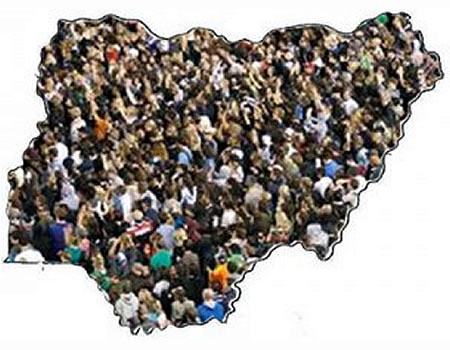The event, led by the UN Sustainable Development Group (UNSDG), focused on how the cities of the world are accelerating progress towards the SDGs, as well as showcasing how SDG implementation in them can contribute to transformation towards sustainable and resilient societies.
Chairman of the forum, UN Deputy Secretary-General and UNSDG, Amina Mohammed noted that “cities are economic powerhouses with an estimated global GDP share of 88 per cent by 2025, and that cities are also locus of complex and interconnected challenges that producing more than 50 per cent of the world’s greenhouse gas emissions and using 80 per cent of the world’s energy, saying that there is the need to get urbanisation right to achieve the 2030 Agenda.
The forum provided a unique opportunity for member states, city authorities and non-state actors to come together, compare notes and to fashion out the best way out.
Besides, it was an opportunity for the participating countries to showcase their own ideas, and to illustrate how the UN system can support these efforts.
Among the discussants were Bahrain’s Housing Minister, Mr Basim Bin Yacob AlHamer; the Mayor of Bangangté, Cameroon, Ms Célestine Ketcha Courtès; New York City’s Commissioner for International Affairs, Ms Penny Abeywardena; the President of United Cities and Local Governments, Mr Parks Tau; and the Chair of the international women’s grassroots network Huairou Commission, Ms Violet Shivutse, who all spoke on how cities and local actors are championing the sustainable urbanisation agenda.
In his comment, UNDP Administrator and UNSDG Vice-Chairman, Achim Steiner highlighted inequality within cities on issues like income, health, and education, but added that cities had enormous potential – notably on addressing climate change where they were already leading by their level of commitment to the course.
He called on the international community “to unleash the power of cities to help solve global challenges.”
Executive Director of UN-Habitat, Maimunah Mohd Sharif, stated that “cities are on the front lines of nearly every challenge the world is currently facing and we need to be at the center of our strategy to solve them.
“Looking ahead requires new approaches -since the urban development of yesterday will not suffice for today’s challenges,” she added.






